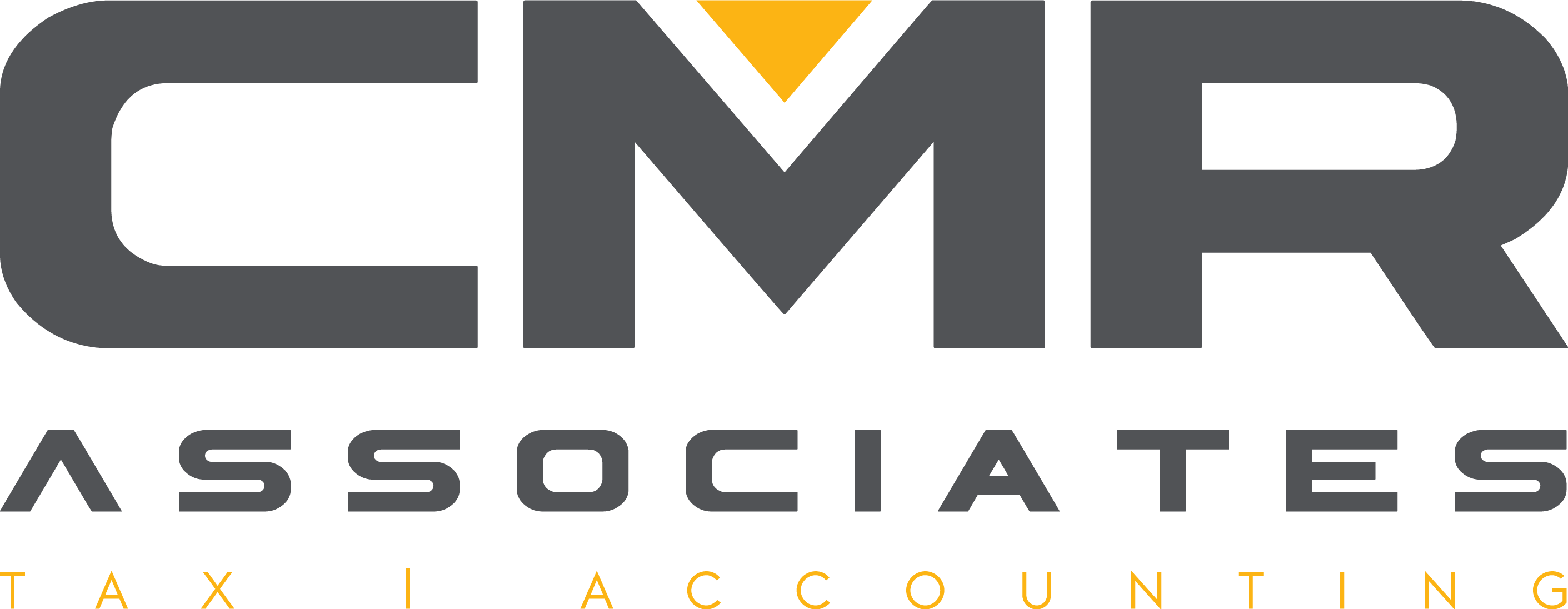
Which tax-advantaged health account should be part of your benefits package?
On October 12, an executive order was signed that, among other things, seeks to expand Health Reimbursement Arrangements (HRAs). HRAs are just one type of tax-advantaged account you can provide your employees to help fund their health care expenses. Also available are Health Savings Accounts (HSAs) and Flexible Spending Accounts (FSAs). Which one should you include in your benefits package? Here’s a look at the similarities and differences:
HRA. An HRA is an employer-sponsored account that reimburses employees for medical expenses. Contributions are excluded from taxable income and there’s no government-set limit on their annual amount. But only you as the employer can contribute to an HRA; employees aren’t allowed to contribute.
Also, the Affordable Care Act puts some limits on how HRAs can be offered. The October 12 executive order directs the Secretaries of the Treasury, Labor, and Health and Human Services to consider proposing regs or revising guidance to “increase the usability of HRAs,” expand the ability of employers to offer HRAs to their employees, and “allow HRAs to be used in conjunction with nongroup coverage.”
HSA. If you provide employees a qualified high-deductible health plan (HDHP), you can also sponsor HSAs for them. Pretax contributions can be made by both you and the employee. The 2017 contribution limits (employer and employee combined) are $3,400 for self-only coverage and $6,750 for family coverage. The 2018 limits are $3,450 and $6,900, respectively. Plus, for employees age 55 or older, an additional $1,000 can be contributed.
The employee owns the account, which can bear interest or be invested, growing tax-deferred similar to an IRA. Withdrawals for qualified medical expenses are tax-free, and employees can carry over a balance from year to year.
FSA. Regardless of whether you provide an HDHP, you can sponsor FSAs that allow employees to redirect pretax income up to a limit you set (not to exceed $2,600 in 2017 and expected to remain the same for 2018). You, as the employer, can make additional contributions, generally either by matching employer contributions up to 100% or by contributing up to $500. The plan pays or reimburses employees for qualified medical expenses.
What employees don’t use by the plan year’s end, they generally lose — though you can choose to have your plan allow employees to roll over up to $500 to the next year or give them a 2 1/2-month grace period to incur expenses to use up the previous year’s contribution. If employees have an HSA, their FSA must be limited to funding certain “permitted” expenses.
If you’d like to offer your employees a tax-advantaged way to fund health care costs but are unsure which type of account is best for your business and your employees, please contact us. We can provide the additional details you need to make a sound decision.
Tax Accounting, Tax Preparation, and Business Consulting for Metairie, Louisiana
Industry Specific Accounting
Metairie CPA Services
Metairie CPA News
Tax Accounting, Tax Preparation, and Business Consulting for Mandeville, Louisiana
Industry Specific Accounting
Mandeville CPA Services
Mandeville CPA News
Tax Accounting, Tax Preparation, and Business Consulting for Baton Rouge, Louisiana
Industry Specific Accounting
Baton Rouge CPA Services
Baton Rouge CPA News
Tax Accounting, Tax Preparation, and Business Consulting for Covington, Louisiana
Industry Specific Accounting
Covington CPA Services
Covington CPA News
Mandeville Notary Public Services
Madisonville Notary Public Services
Covington Notary Public Services
